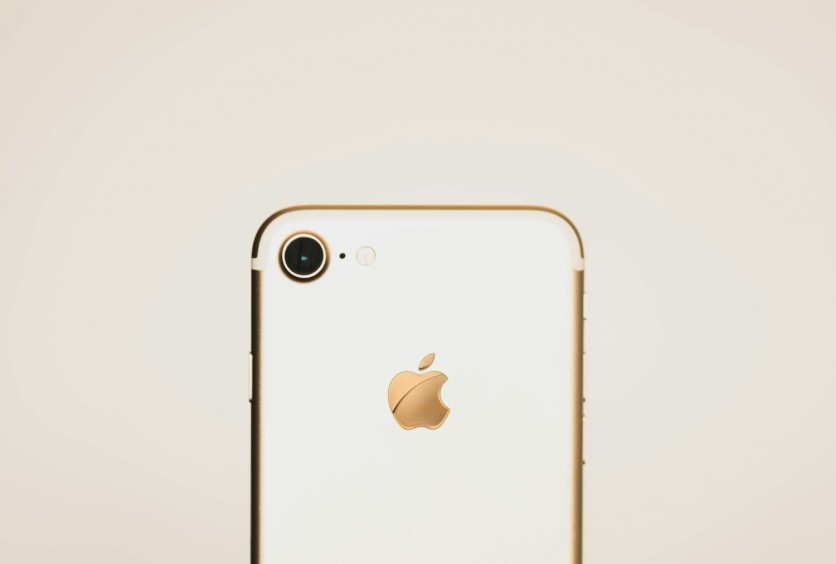Sign-in with Apple, a convenient and privacy-focused authentication method, has been exploited by deepfake nude sites to enhance their legitimacy. This alarming trend only shows that even the best websites known for privacy can be misused.
Behind the makeshift websites aimed to deceive users, there's the worst part that's waiting to be explored.
The Rising Threat of Deepfakes

The popularity of artificial intelligence is unmatched as we often see it across different websites whether it's a news or a selling site. While it comes with many advantages, it's also often abused by some people like in the case of deepfakes.
According to 9to5Mac, deepfakes are AI-generated images, audio, or videos where real individuals are digitally altered. This technology has been increasingly used for malicious purposes, ranging from making public figures appear to say controversial things to creating non-consensual nude images of private individuals.
Disturbingly, there have been cases where deepfakes were used to create explicit content involving high school students, further highlighting the severity of this issue.
For instance, some students use AI deepfakes to create fake explicit images of their co-students and even their teachers, according to Tech Times. That's the case that exactly happened in one catholic school in Australia in June.
Related Article : Chinese Threat Actor Goldfactory Deploys Android-Banking Malware Through Deepfakes
Sign in with Apple Abused by Deepfake Sites
A recent investigation by Wired uncovered that six of the most prominent deepfake websites, specifically designed to generate fake nude images, were offering the Sign in with Apple option to users. These sites also provided sign-in options from other major platforms such as Google, Discord, Line, and Patreon.
The availability of these sign-in methods gave these unethical sites a semblance of legitimacy, misleading users into believing they were affiliated with or endorsed by these reputable companies.
Wired's analysis identified 16 major "undress" and "nudify" websites using sign-in infrastructure from companies like Google, Apple, Discord, Twitter, Patreon, and Line. This setup allowed users to easily create accounts on these deepfake websites, often masking the dubious nature of the sites behind the credibility of these well-known brands.
Apple's Swift Response to the Abuse
The Sign in with Apple feature requires developers to have an active Apple developer account. Once Wired brought the issue to Apple's attention, the company acted quickly, terminating all developer accounts associated with the deepfake sites.
Other companies also responded to Wired's findings. Discord followed Apple's lead and removed the developer accounts connected to the offensive sites.
Google, on the other hand, stated that it would take action against developers found to be violating its terms. Meanwhile, Patreon confirmed that it prohibits accounts facilitating the creation of explicit imagery, and Line mentioned that it is investigating the matter, although it did not comment on specific websites. X (formerly known as Twitter) did not respond to requests for comment on the misuse of its systems.
The Need for Vigilance in the Digital Age
The exploitation of sign-in features by deepfake sites highlights the ongoing challenges in safeguarding digital platforms from misuse.
There's no telling that deepfake technology since it only progresses over time. What we should learn here is that companies should know how to protect users from harm against them.
While Apple and other companies have taken decisive action in this case, the incident shows that vigilance is needed all the time, thus continuous monitoring and enforcement of digital security measures.


![Apple Watch Series 10 [GPS 42mm]](https://d.techtimes.com/en/full/453899/apple-watch-series-10-gps-42mm.jpg?w=184&h=103&f=9fb3c2ea2db928c663d1d2eadbcb3e52)


